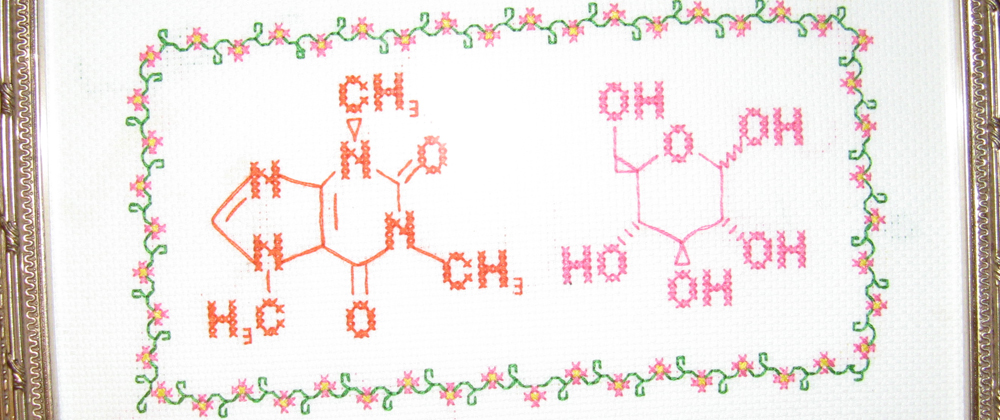Today we continue our look at the reasons that attempts to have a dialogue about the use of animals in scientific research routinely run aground.
Dialogue, you’ll remember, involves the participants in the dialogue offering not just their views but also something like their reasons for holding those views. In addition, in a real dialogue, participants engage seriously with each other’s positions. Serious engagement doesn’t necessitate that one of the positions on offer ends up persuading everyone in the dialogue, but everyone is supposed to be open to considering each view — and open to critically examining one’s own view. A dialogue is not a high school debate where the point is for your side to win. Instead, “winning” here is really understanding the strengths and weaknesses of the competing view, and ideally, all of the dialogue’s participants can achieve this sort of win.
Research with animals seems to be a topic of discussion especially well-suited to shouting matches and disengagement. Understanding the reasons this is so might clear a path to make dialogue possible. Yesterday, we discussed problems that arise when people in a discussion start with the assumption that the other guy is arguing in bad faith. If we can get past this presumptive mistrust of the other parties in the discussion, another significant impediment rears its head pretty quickly:
Substantial disagreement about the facts.
Trying to get people to accept (or even seriously consider) your conclusion, no matter what that conclusion might be, is a lot harder if those people do not accept your premises. In discussions (or shouting matches) around animal rights, animal welfare, and the use of animals in research, there are plenty of premises that are hotly disputed by participants. Thus, I’m going to focus on three types of facts that are usually points of contention and give them each a post of their own. In the next post, I’ll discuss contention about what animal welfare regulations allow or require. In the post after that (part 4 of the series), I’ll take up disagreements around the facts as far as animal discomfort, distress, pain, or torture when animals are used in scientific research. We will start, though, by considering a pretty basic clump of claims over which various sides have trouble agreeing to the same facts:
Is animal research necessary or unnecessary for scientific and medical advancement?
Continue reading→




